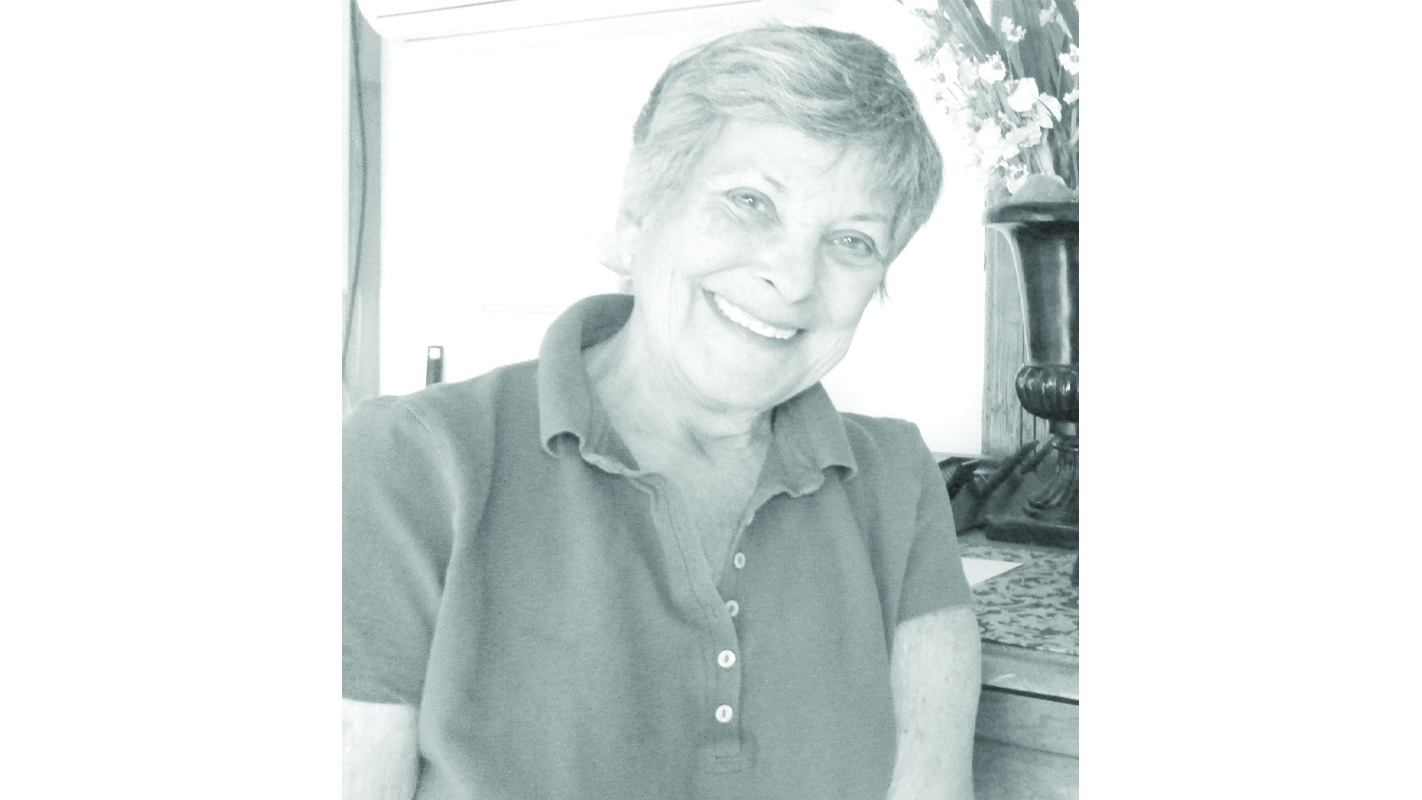I woke up this morning with a feeling of foreboding. So unlike me! But maybe part of my “hope for the best, plan for the worst” mantra.
A quick review of my global/local landscape brought forth these facts:
• National Q2 results show the steepest quarterly declines in the value of output in country after country – including the United States and Canada.
• Even where there have been huge bounce-backs of employment and production, no one is near where they were pre-pandemic. In Canada, for example, weekly shipments by rail of chemicals, forest products, metals and minerals are down at least 15 per cent from last year’s level. Seated customers in restaurants in Quebec are still down 71 per cent from last year. Daily new job postings are down 22 per cent from last year.
• Political and economic unrest in the United States is looking to be more of an issue for Canada. Although totally out of our control, it’s worth noting that their Congress has (as of this weekend) failed to renew the emergency support of American people and businesses. It will not help our recovery if our neighbors south of the border cannot work, earn and spend. While Canada has its share of situations that need improving, it does not have an authoritarian president bent on delegitimizing democracy and it does have a government that understands that broad fiscal support is going to be required for a while yet.
This review led me to begin an appraisal of my financial landscape — no need to dwell on the details of personal finance nightmares— we all need to be aware that things won’t always go exactly as planned. No matter how old or young you are, if you have any assets that you value, whether a bike, job, car, house, portfolio, it’s a good idea to check out how secure they are, how much they can help you in times of need and whether they need tweaking.
So, in the time of COVID-19, the first thing to check out is whether you are eligible for any of the financial support programs in the Canadian government Economic Response Plan. The Financial Consumer Agency of Canada (https://www.canada.ca/en/financial-consumer-agency/services/covid-19-managing-financial-health.html ) has everything you need to know including how to apply.
Mark on your calendar that your 2019 income taxes are due in September – the last thing you need is to pay a late-filing penalty.
Hopefully, you already have an emergency fund of 3 to 6 months’ living expenses. If you don’t, promise yourself you’ll build one as soon as possible. If you are seriously short of money, there are several areas to investigate: if you have a Tax Free Savings Account (TFSA) an RRSP or RRIF, take money out of the TFSA first as there are no tax consequences. Talk to your bank if you own a home – you may be able to get a Home Equity Line of Credit (HELOC).
If you have credit card debt, make another promise to yourself that you’ll get rid of it ASAP. It’s the most expensive debt you can have and should never be used except for buying something on sale and paying it off the following month. Say you have a $3,000 outstanding bill on which you pay the minimum each month. It will take you more than 4 years to pay it off and you’ll be paying an additional $1,600 in interest.
If you have an investment portfolio that you’re living on, or for your retirement, evaluate it from the standpoint of preserving your capital. The stock market is very volatile and could fall precipitously or continue to rise as it has been doing. Make sure whatever money you need in the short term is available and/or that you have sufficient years to make up what might be lost in a downturn.
Financial institutions have been warning us that there are a lot of scam artists trying to defraud us. Make sure you never click on links or attachments in unsolicited or suspicious emails or give out your personal or financial information by phone, email or text. And it’s a good idea to enter your financial institution’s website address into your browser yourself when banking online.
More to come.
Dian Cohen is an economist and a founding organizer of the Massawippi Valley Health Centre.
Cohendian560@gmail.com
Hope for the best, plan for the worst
By Dian Cohen






